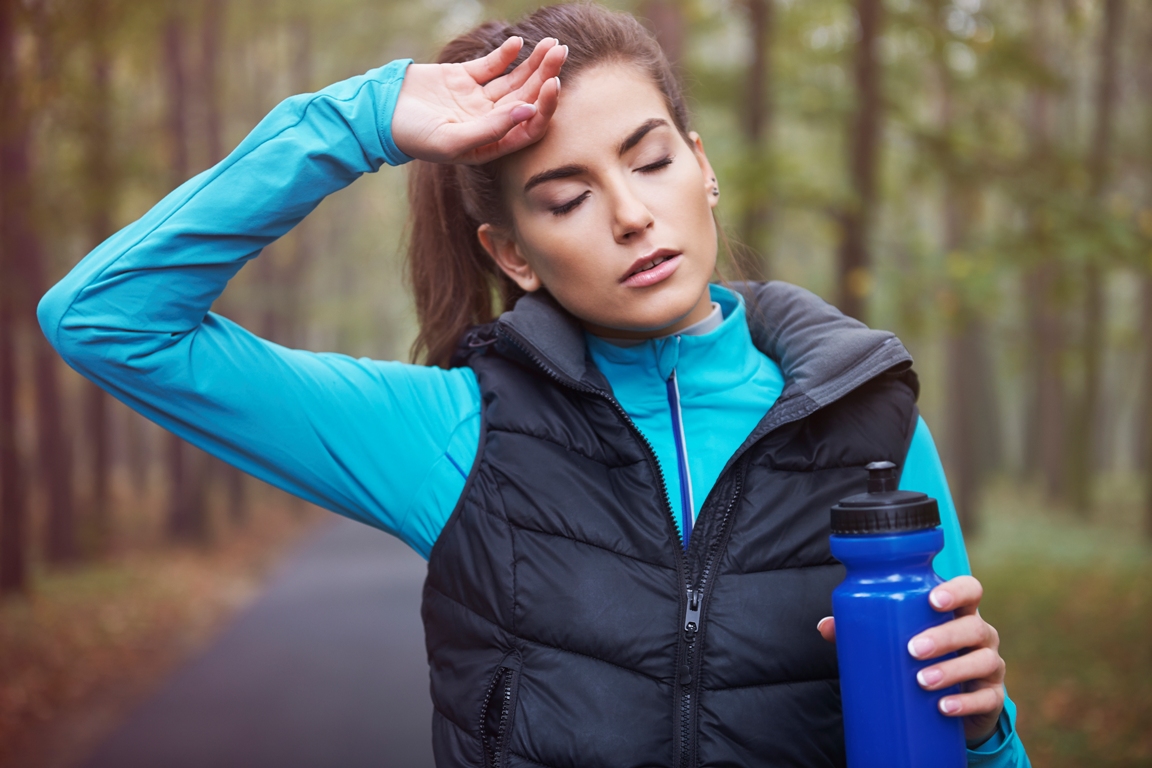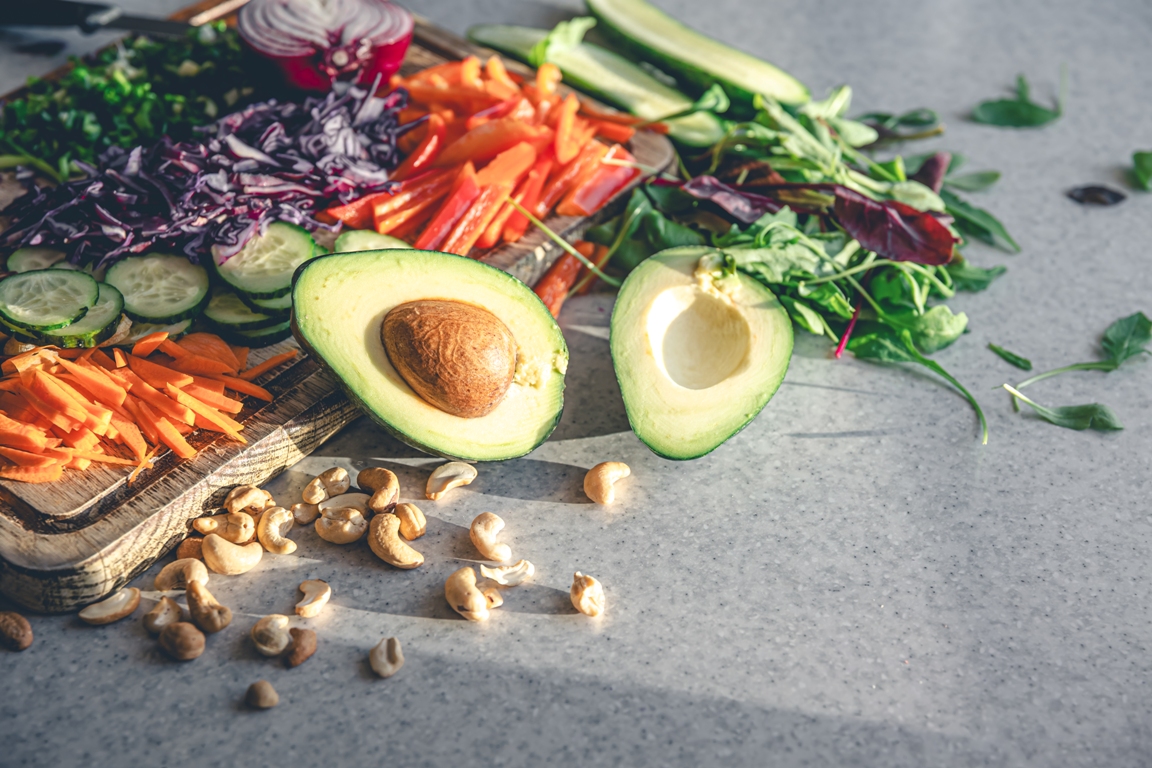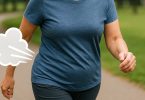On the ketogenic diet, maintaining proper hydration is crucial for overall health and well-being. Many people wonder, “How much water should I drink on keto?” In this comprehensive guide, we’ll explore the importance of hydration on the ketogenic diet and provide practical tips for staying adequately hydrated.
Table of Contents
- Understanding Hydration on Keto
- Factors Affecting Water Intake on Keto
- Recommended Water Intake on Keto
- Signs of Dehydration on Keto
- Strategies to Stay Hydrated on Keto
- Electrolyte Balance on Keto
- Addressing Common Concerns
Key Takeaways
- Proper hydration is essential for individuals following the ketogenic diet.
- Factors such as body weight, activity level, and climate influence water intake needs on keto.
- Dehydration on keto can lead to adverse symptoms, so it’s crucial to stay hydrated.
- Strategies like drinking water regularly, consuming hydrating foods, and monitoring electrolyte balance can help maintain hydration on keto.
Understanding Hydration on Keto
The ketogenic diet, how much water should i drink on keto, characterized by high fat, moderate protein, and low carbohydrate intake, alters the body’s metabolism to burn fat for fuel instead of glucose. This metabolic state, known as ketosis, affects hydration levels.
Water plays a crucial role in various bodily functions, including nutrient transport, temperature regulation, and waste removal. During ketosis, the body produces ketones, which can increase water excretion through urine. As a result, individuals on keto may experience increased thirst and require higher water intake to maintain hydration.

Factors Affecting Water Intake on Keto
Several factors influence how much water someone should drink on the ketogenic diet:
- Body weight and composition: Larger individuals typically require more water to stay hydrated.
- Activity level and exercise routine: Sweating during physical activity increases fluid loss and may necessitate higher water intake.
- Climate and environmental conditions: Hot and humid weather increases the risk of dehydration, requiring more fluids.
- Individual metabolism: Metabolic rate and hydration needs vary from person to person.
Recommended Water Intake on Keto
General guidelines suggest consuming around eight 8-ounce glasses of water per day, but those on the ketogenic diet may need more. To determine personalized water intake, consider factors like body weight, activity level, and climate.
| Body Weight (lbs) | Recommended Daily Water Intake (ounces) |
|---|---|
| 100-150 | 64-96 |
| 151-200 | 96-128 |
| 201-250 | 128-160 |
| 251+ | 160+ |
Signs of Dehydration on Keto
Recognizing the signs of dehydration is essential for individuals on the ketogenic diet. Common symptoms include:
- Increased thirst: Feeling constantly thirsty may indicate dehydration.
- Dark urine: Urine color can serve as a marker of hydration status, with darker urine indicating dehydration.
- Fatigue: Dehydration can lead to feelings of fatigue and low energy levels.
- Headaches: Lack of adequate hydration may trigger headaches or migraines.

Strategies to Stay Hydrated on Keto
Staying hydrated on the ketogenic diet requires proactive measures. Here are some strategies to help:
- Drink water regularly: Sip water throughout the day to maintain hydration.
- Incorporate hydrating foods: Consume water-rich foods like cucumbers, lettuce, and celery.
- Monitor urine color: Aim for pale yellow urine, indicating adequate hydration.
- Consider electrolytes: Balance water intake with electrolyte-rich beverages or supplements to prevent imbalances.
Electrolyte Balance on Keto
Electrolytes, such as sodium, potassium, and magnesium, play crucial roles in bodily functions and are often depleted on the ketogenic diet due to decreased insulin levels. To maintain electrolyte balance, consider:
- Adding salt to meals: Increase sodium intake to offset sodium losses through urine.
- Consuming potassium-rich foods: Include foods like avocados, spinach, and salmon in your diet.
- Supplementing magnesium: Consider taking magnesium supplements to prevent deficiencies.

Addressing Common Concerns
Several concerns may arise regarding hydration on the ketogenic diet:
- Flushing out electrolytes: Drinking excessive water without replenishing electrolytes can lead to imbalances. Balance water intake with electrolyte consumption.
- Differentiating thirst and hunger: Sometimes, thirst may be mistaken for hunger on keto. Listen to your body’s cues and drink water before reaching for snacks.
- Effects on ketone levels: Water intake does not significantly impact ketone production. Focus on maintaining hydration without worrying about ketone levels.
Frequently Asked Questions
How does the ketogenic diet affect hydration needs?
The ketogenic diet can increase water excretion through urine due to the production of ketones. This may elevate hydration needs, especially in the initial stages of keto adaptation.
Can I drink other fluids besides water on keto?
Yes, you can consume other fluids like herbal tea, bone broth, and electrolyte-enhanced beverages to stay hydrated on keto. Just be mindful of added sugars and carbohydrates in some drinks.
Should I drink more water if I’m exercising on keto?
Absolutely. Physical activity increases fluid loss through sweat, so it’s essential to drink extra water to compensate for hydration losses during exercise.
Is it possible to overhydrate on the ketogenic diet?
While rare, overhydration, or water intoxication, is possible if you consume excessive amounts of water without balancing electrolytes. Listen to your body’s thirst cues and adjust your fluid intake accordingly.
What are some signs of electrolyte imbalance on keto?
Signs of electrolyte imbalance on keto include muscle cramps, fatigue, dizziness, and irregular heartbeat. If you experience these symptoms, consider increasing your intake of electrolyte-rich foods or supplements.
Conclusion
In conclusion, proper hydration is vital for individuals following the ketogenic diet. Understanding the factors that influence water intake, recognizing signs of dehydration, and implementing strategies to stay hydrated are essential for overall health and well-being on keto.
By drinking water regularly, incorporating hydrating foods, and maintaining electrolyte balance, you can support your body’s needs while on the ketogenic diet. Remember to listen to your body’s cues, monitor your hydration status, and adjust your fluid intake accordingly.
For those embarking on the ketogenic journey, prioritizing hydration is just as important as monitoring macronutrient intake. Stay hydrated, stay healthy, and enjoy the benefits of the ketogenic lifestyle.
Outbound Links
For further information on hydration and the ketogenic diet, consider exploring the following resources:







